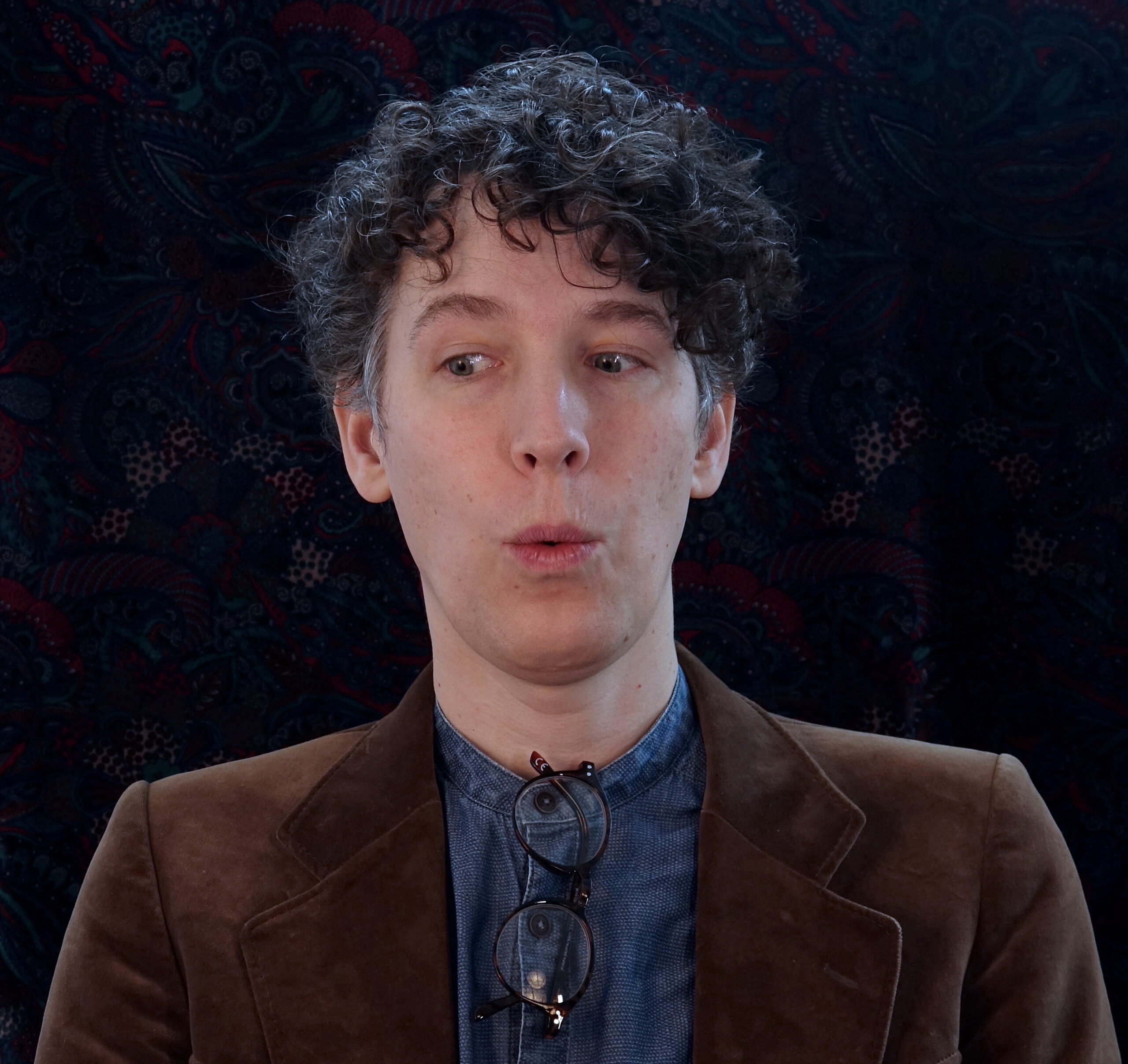2025
9.10 Vlissingen, NL
14.10 Prague, CZ
17.10 Venice, IT
18.10 Venice, IT
24.10 San Diego, USA
26.10 Chicago, USA
27-31.10 Boston, USA
2.11 New York, USA
8.11 Turku, FI
17-18.11, Ghent, BE
29.11 Liguria, IT
4.12 Brno, CZ
5-7.12 Binissalem, SP
13/14.12 Heusden, NL
18.12 Den Bosch, NL
19.12 Utrecht, NL
20.12 Culemborg, NL
21.12 Amsterdam, NL
28.12 Senselles, SP
